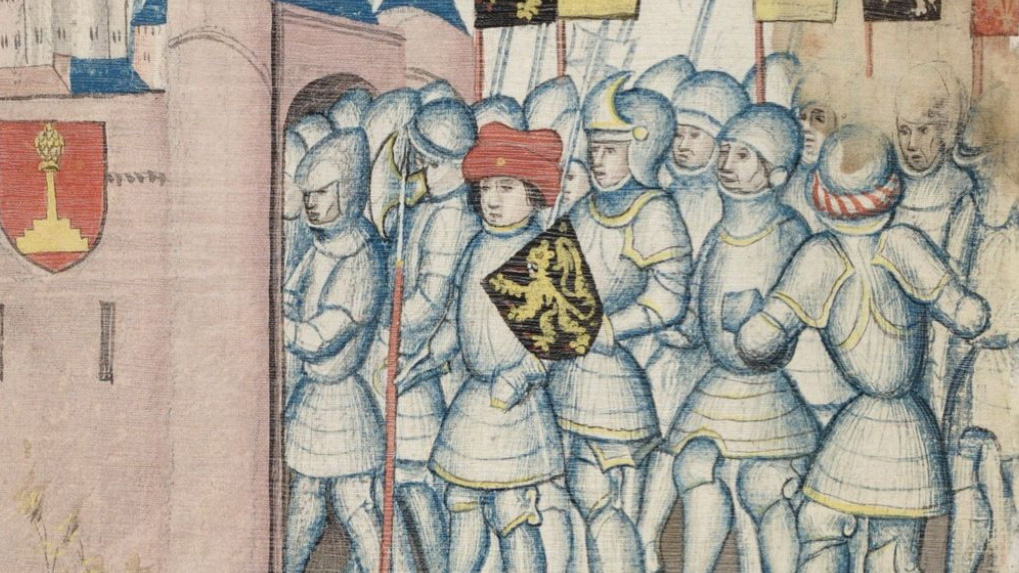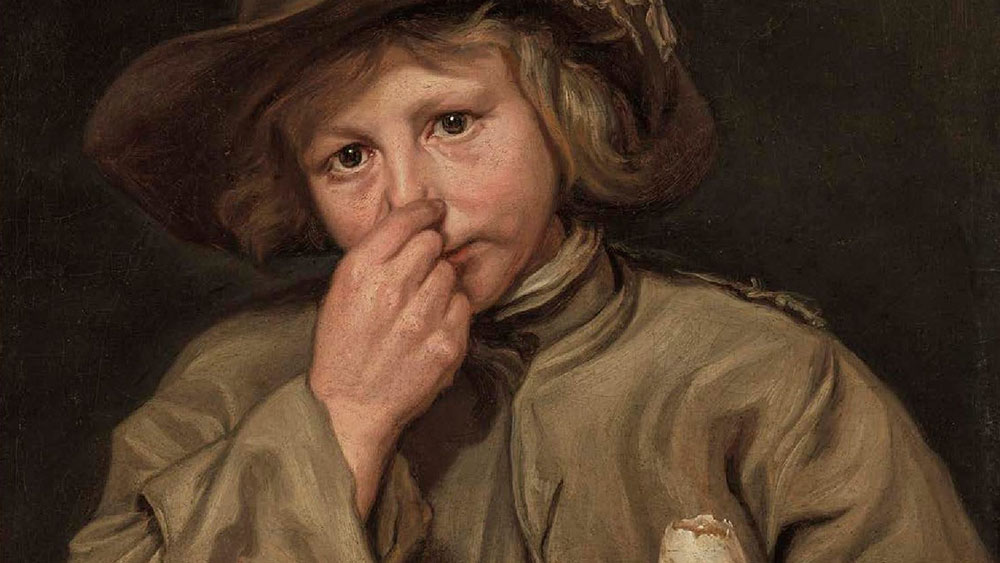Hall, Kim F. "Blackness and Shakespeare's sonnets." Throughlines. www.throughlines.org/suite-content/blackness-and-shakespeares-sonnets. [Date accessed].
Blackness and Shakespeare's sonnets
Using Shakespeare's sonnets to discuss race-making through the language of 'fairness' and 'darkness.'

Shakespeare’s sonnets allow for generative conversations about the way perceptions of fairness and darkness inform understandings of race in the early modern world. Shakespeare’s procreation sonnets, in particular, tether whiteness not only to physical beauty but to national identity for the English. By attending to the way the sonnets deploy whiteness to consider social and gendered hierarchies, we are able to see how uses of fairness reveal emergent ideologies of white supremacy. As a result, Kim F. Hall explains, we find that the dark lady sonnets threaten the entitlement of whiteness, rendering a real danger for those with dark bodies.
Further learning
Recommended
.jpg)
La Chanson de Roland and white supremacist medievalisms
La Chanson de Roland as a national epic was a product of both European nationalist and colonial aspirations. It's important for students to understand how the poem and its histories can reiterate Eurocentric white supremacist values if not properly contextualized.

.png)

-AltarpiecefragmentAdoration-1531.jpg)



